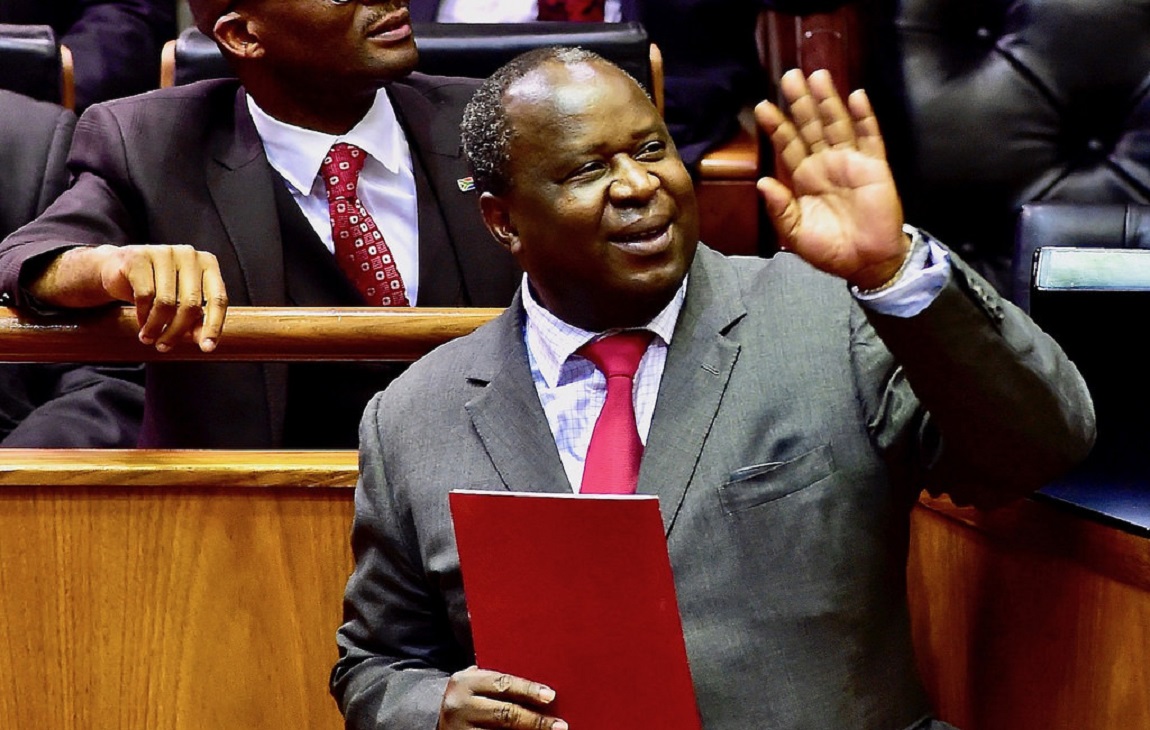Most South Africans are hurting. Those who are not may soon be in the same boat. As we begin the year 2020, the South African economy remains in frightful shambles. The economy has shrunk to numbers we last saw 11 years ago during the global economic crisis. Unemployment has risen to a record high in 11 years and the never ending retrenchment cycles have spilled over from last year with Telkom announcing its plan to retrench over 3000 workers – Trade union federation FEDUSA claims that the total number is 6000. And that’s not all. Chrome firms have warned of 1200 possible job cuts and are meeting the trade unions involved and Massmart is planning on closing over 30 stores.
In just two weeks of the New Year, South Africa is now looking at the possibility of losing over 9000 jobs. The country has moved from losing around 2000 jobs per quarter in the second quarter of 2019 to losing 28 000 jobs in the third quarter 2019. Unemployment and retrenchments are the most serious economic problems facing South Africa now. When President Cyril Ramaphosa announced that we must “prepare for mass job losses” we were clearly not ready, this is a social disaster, cease fire, this needs an immediate response and not the long lasting opposing rhetoric that we are used to now; “We must attract foreign investment”, “We must create more jobs” and “We must improve our public service”. This is the never ending script of President Cyril Ramaphosa. He’s voice rings in my heard as I write this. This is what was said at the ruling party 108 birthday celebration, at the Business Economic Indaba and the recent ANC Lekgotla.
Are we really going to continue to watch millions of people thrown to the streets of poverty?
Business leaders, politicians, labour and civil society representatives met in Sandton for the annual Business Economic Indaba on 14 January 2020 under the theme “activating actual outcomes”. There seemed to be a consensus that the country will have a “negative outlook for the economy in 2020” from the representatives attending. The SA’s 2020 economic growth forecast set by the World Bank is from 1.5% to 0.9%. This means, on average, South Africans will get poorer in 2020.
On Twitter finance Mminister Tito Mboweni took the unusual step to “warn” South Africans. He said the “structural economic reforms inertia is frustrating” and that South Africans must move quickly in implementing the reforms that were outlined in the National Treasury economic paper released before the 2019’s medium term budget statement.
The paper was heavily rejected by alliance partners – arguing that the paper is pushing for privatisation and the unbundling of Eskom. The SACP called it “elite, capitalist’ proposals” while COSATU said “incoherent, confused and unreliable plan to bolster economy”.
Against this dismal background within the ruling party, it would seem that no concrete immediate programs will be rolled out to at least alleviate the crisis of unemployment and retrenchments. The frustration and call from the Minister of Finance to move on quickly to respond is needed. Before we can talk about creating jobs we must firstly talk about how we keep those we currently having as they seem to be disappearing into thin air. As COSATU has suggested, amending the Labour Relations Act to make it more difficult for employers to retrench could be one of the immediate responses we can put together to fight against what has become a grown beast. As the crisis deepens it would seem more and more poor South Africans view the crisis as the natural order of things, that their lives are destined to unemployment and poverty. This attitude is a threat to any form of improving the dire situation.
Zama Mthunzi is a Mathematical Science graduate from Wits University. He is a social justice Activist focusing on access to quality education to address the socio-economic issues in South Africa.
These are the personal views of the author and do not necessarily reflect the editorial policy of The Daily Vox.









